A nanoparticle targets mitochondria in cancer cells, offering a promising new strategy to tackle chemotherapy resistance tumor spread.
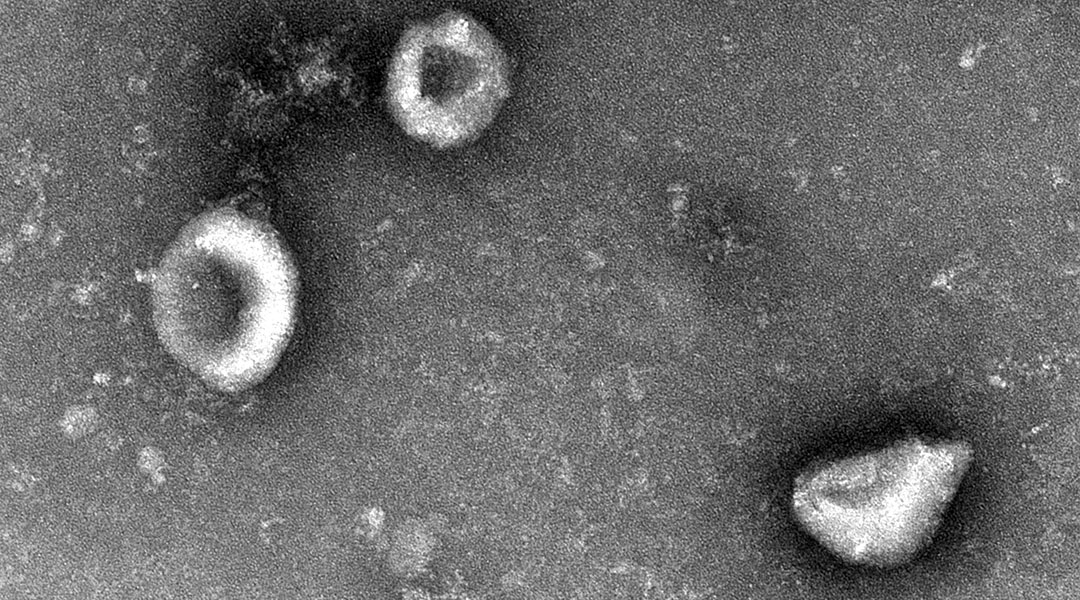

A nanoparticle targets mitochondria in cancer cells, offering a promising new strategy to tackle chemotherapy resistance tumor spread.
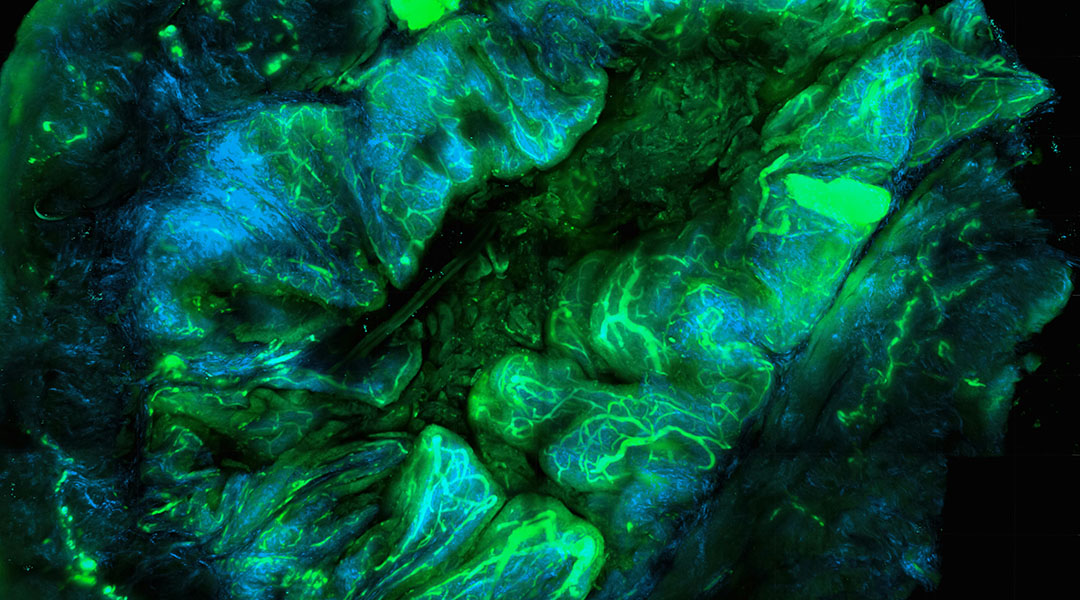
Scientists integrate light therapy and antibiotics into a single platform to help the body create its own tumor vaccine.
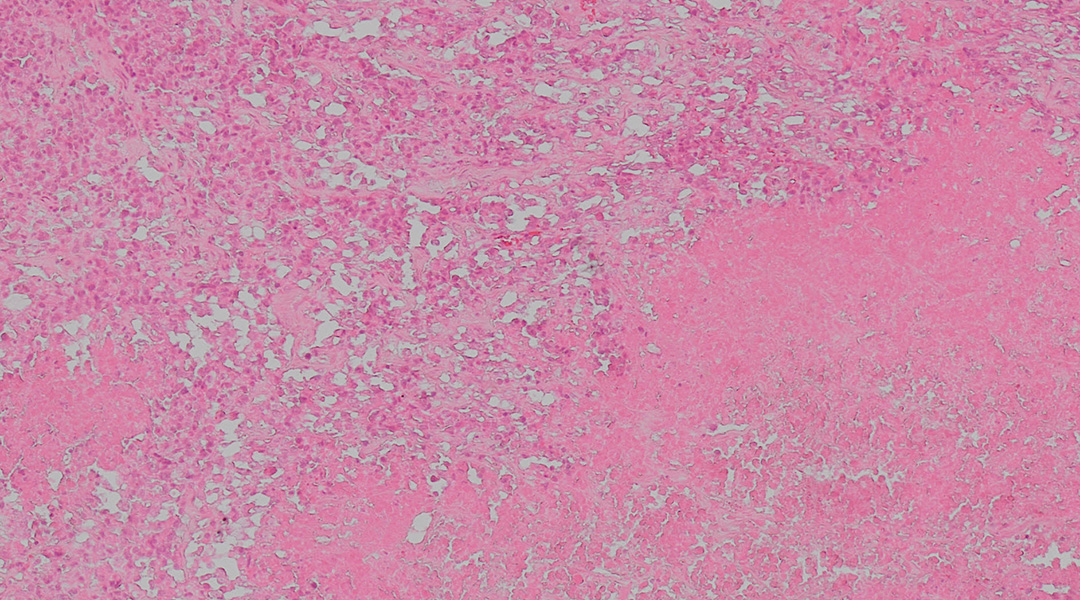
Researchers developed a laser-activated drug that targets and destroys chemotherapy-resistant pancreatic cancer cells in mice.
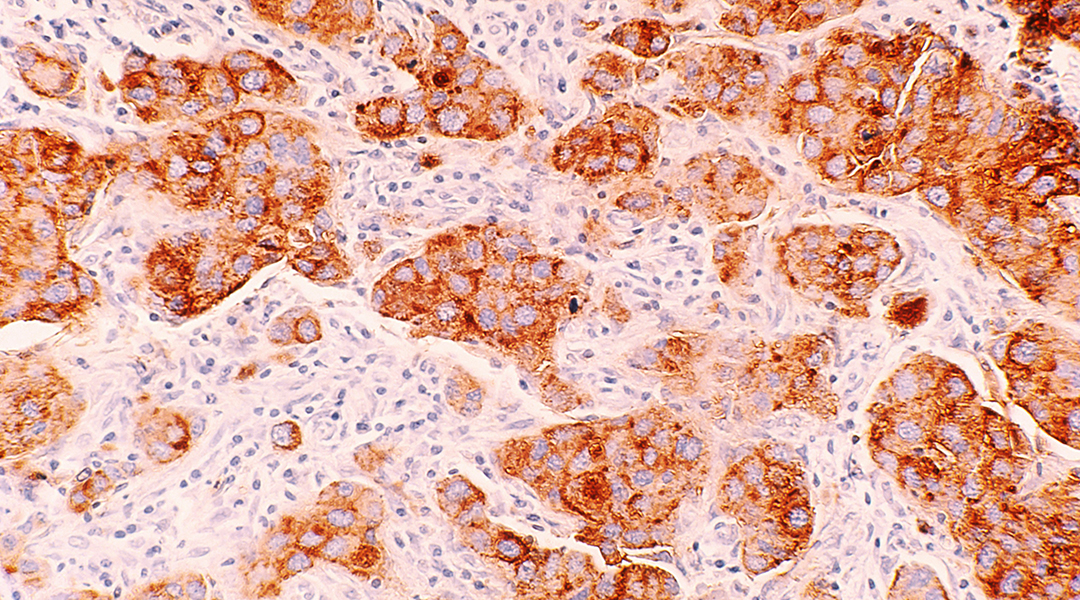
A new study reveals that lacidipine, a common antihypertensive medication, slows tumor growth in triple-negative breast cancer.
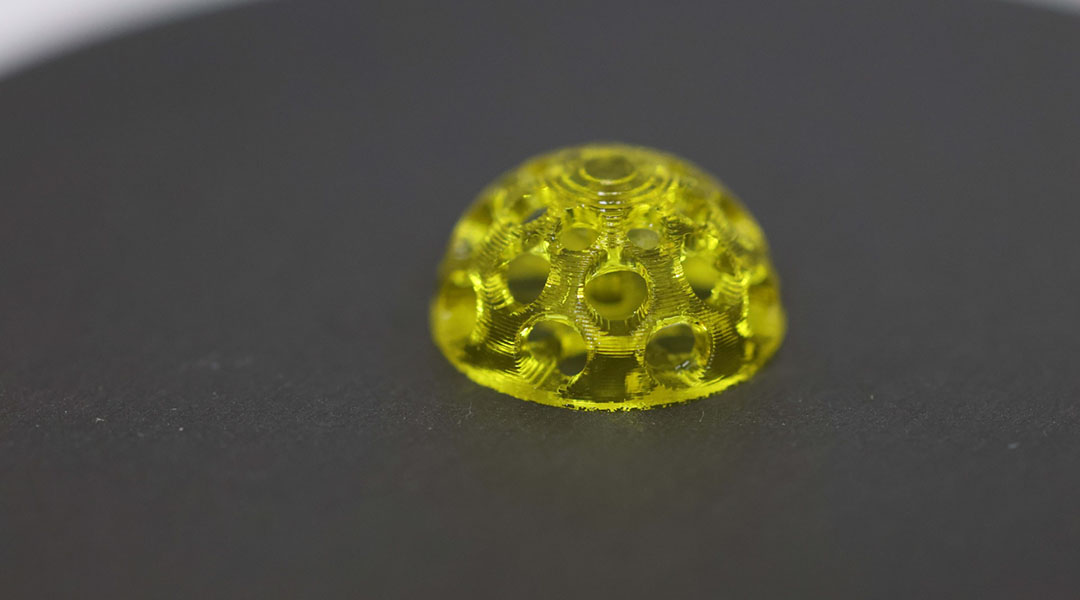
The customizable implant releases an anticancer drug in the presence of new tumors that might go undetected by MRI.
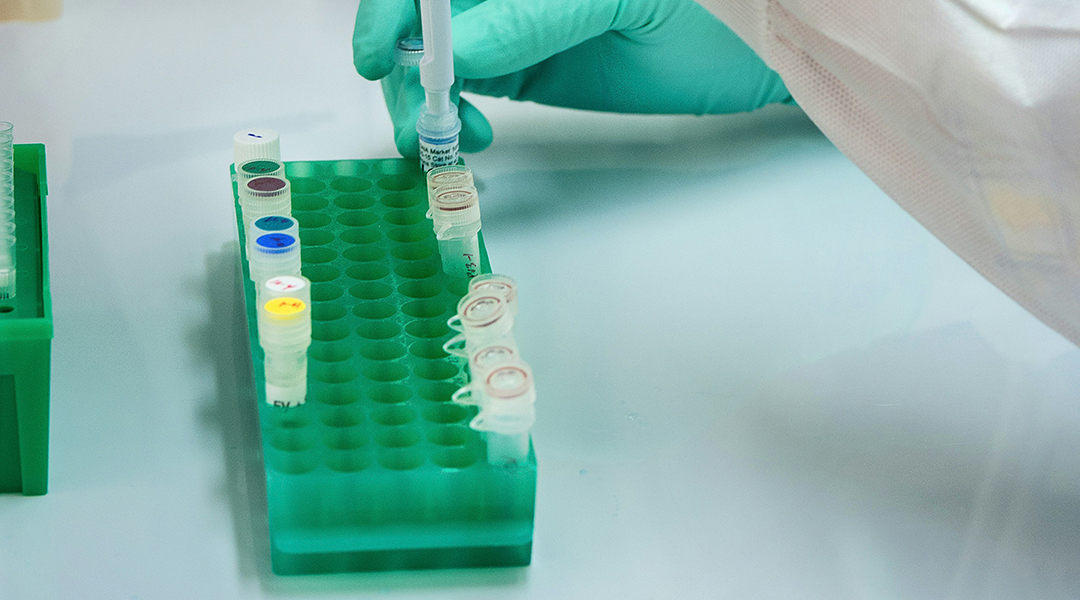
Scientists are using decorated nanoparticles to precisely target tumors with chemotherapy, effectively reducing side effects.
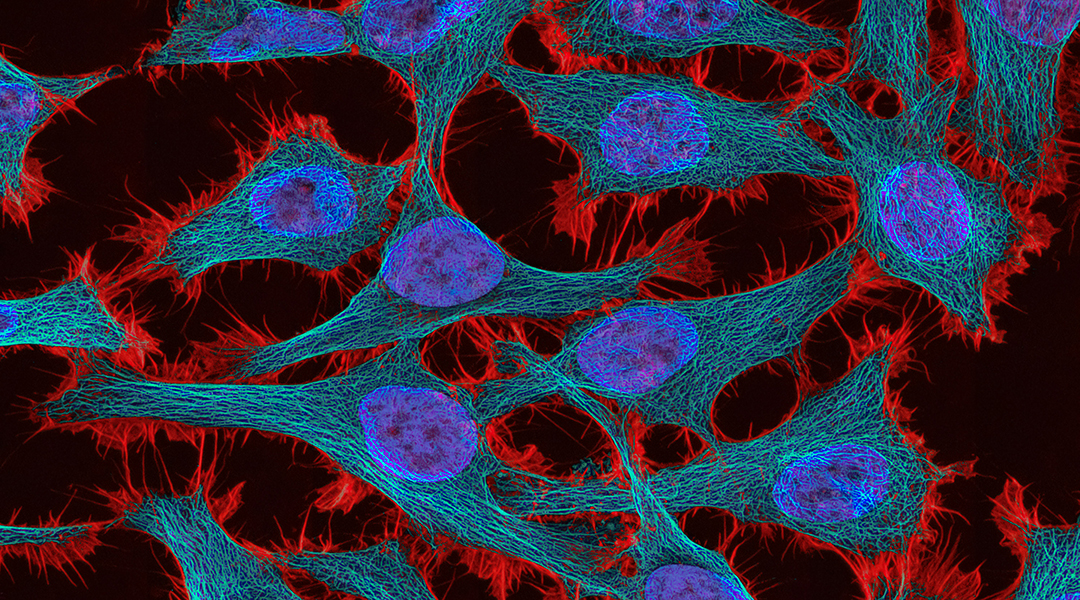
New findings shed light on how cervical cancer spreads to the lymph nodes, opening the door for treatments that could stop the process.
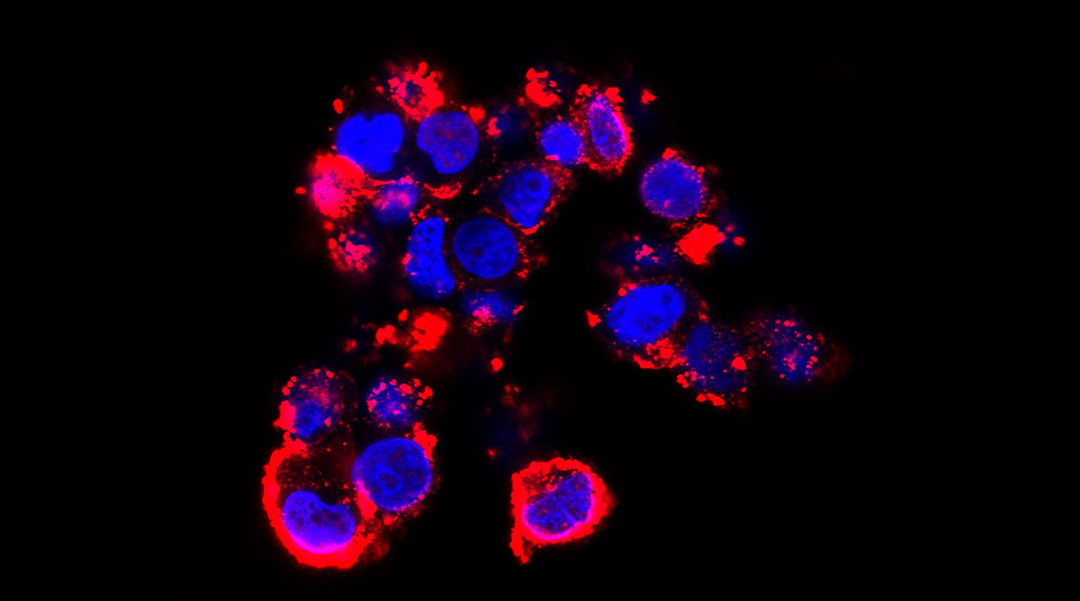
Nanoparticles deliver anti-cancer drugs in hard-to-reach brain tumors prevalent in children, boosting both diagnosis and treatment.

Plant-based virus stimulates the body’s immune response to fight off established and budding cancer metastases.

Nanoparticles with innovative coatings target tumor cells, enhancing chemotherapy effectiveness while minimizing side effects.